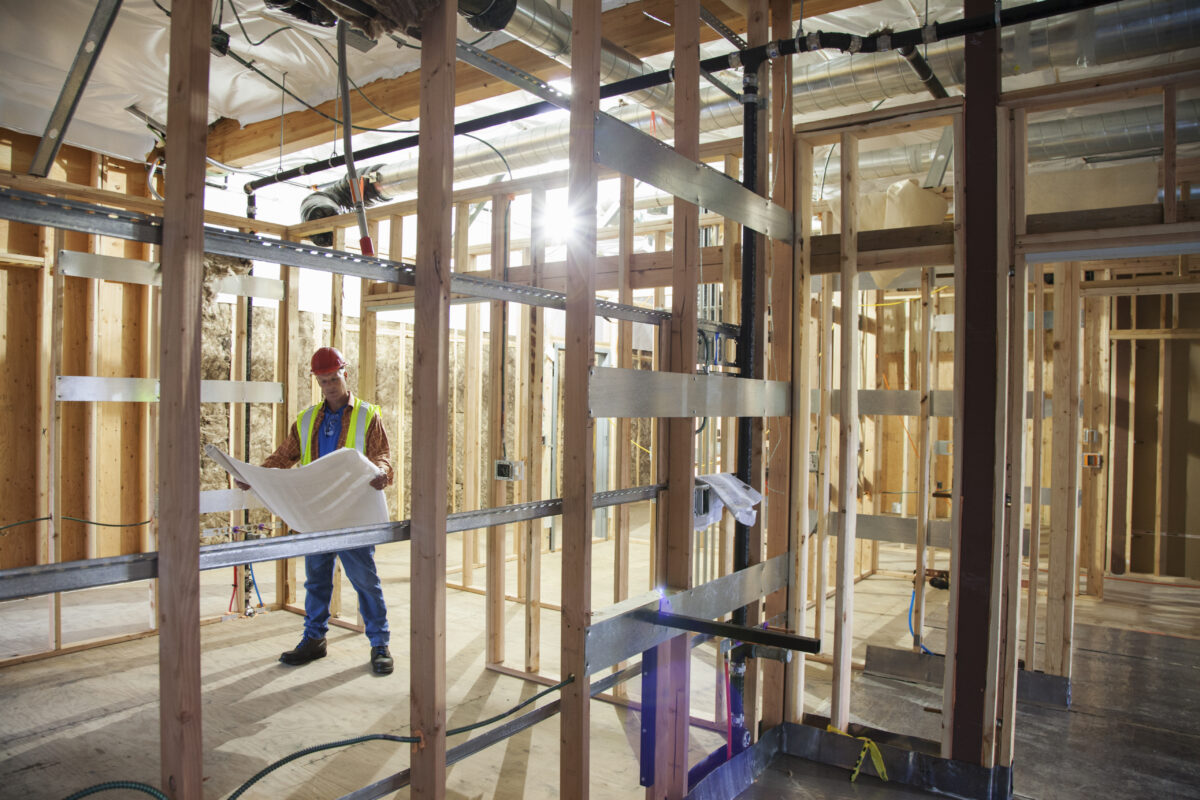Most articles on “Is Earthquake Insurance Worth It?” reach a non-committal conclusion like, “If you have stuff you want to protect, you should seriously consider insurance.” Here’s a perspective that offers actionable recommendations.
Earthquake Insurance Quiz
Which of the following best describes you? The recommendation differs, depending on how you answer.*
1. I just want to feel protected.
2. I’m analytical and want to run the numbers.
3. My spouse/partner and I disagree, and we want an outside perspective.
4. None of the above.
1. I just want to feel protected.
If this describes you, definitely buy insurance of all sorts. If you’re a homeowner, add earthquake coverage to your homeowner’s policy. In California this would typically be CEA coverage (available through your homeowner’s insurance company). If you’re a renter, buy a separate earthquake policy (also available through CEA).
2. I want to run the numbers.
If you make decisions based on analysis, there’s almost no way to prove to yourself that earthquake insurance is worth it (two exceptions: see below). Earthquakes themselves are unpredictable, and damage from earthquakes is even more unpredictable.
It makes sensational news to show damage and collapses, but in reality these are only a tiny fraction of buildings. Even in big quakes, a majority of buildings fare pretty well (at least in places where building codes are enforced). One rule of thumb is that 90% of houses will have damage that is minor or repairable, often less than the typical 10% or 15% deductible (which in Calif. is $50,000 to $100,000). Chances are, you won’t see a big payout from conventional earthquake insurance if you’re in the “lucky 90%.”
Important exception #1:
If you’re in a particularly hazardous location or building type, such as a liquefaction zone, unreinforced masonry (brick), or a soft-story, the “90% rule of thumb” does not apply and you should consider insurance – and a seismic retrofit!
Exception #2:
There’s a new option that might appeal even to analytic types. Parametric insurance such as Jumpstart makes a lump-sum payment right away, based solely on the occurrence of the earthquake (the “parameter”). It’s meant to cover the costs of inconvenience that everyone will suffer after an earthquake, even if your house and stuff aren’t damaged. In that way, parametric is not a replacement for a conventional homeowner’s or renter’s earthquake policy. So, even if you decide against conventional coverage, parametric coverage might still make sense.
3. My spouse/partner and I want to reach agreement.
One approach is to consider insurance relative to other household expenditures. To the partner who wants earthquake insurance, ask: How important is it relative to [the next priority on the list]? Have you already taken care of your must-have financial checklist (for example: health care, credit cards, retirement, emergency savings, education)? And maybe the next item on the list is a “nice-to-have” like renovating the kitchen? Then consider buying earthquake insurance – let your spouse win on this one. On the other hand, if you’re still checking off the “must have’s”, then consider postponing the purchase.

The new option of parametric coverage, described above, adds a nuance to this argument. If you are leaning against earthquake insurance, but still feel unresolved, then consider a parametric policy as a middle ground or budget-friendly first step.
There’s another nuance to this argument, which is whether you’re deciding between insurance and a seismic retrofit. Retrofitting a modest, single-family house costs approximately three-years’-worth of premium for conventional earthquake insurance, so it’s a relatively short payback period, and a retrofit offers similar peace of mind to insurance. And the CEA has a retrofit program that partially covers the cost.
So, to summarize our recommendation on this point:
- happy wife (or husband), happy life;
- there’s an easy first step (parametric); and
- retrofits are a good investment.
4. None of the above.
If none of the three phrases above describes you, then read additional perspectives on the topic. At the end of the day, trust your intuition. Spending money is an intrinsically emotional decision. You know what is right for you.
*These recommendations mainly relate to earthquake insurance in California but can be extrapolated to other states.
(Side note – typical insurance policies exclude earthquake damage. But you probably already know that, since you are far enough to ask this question.)



